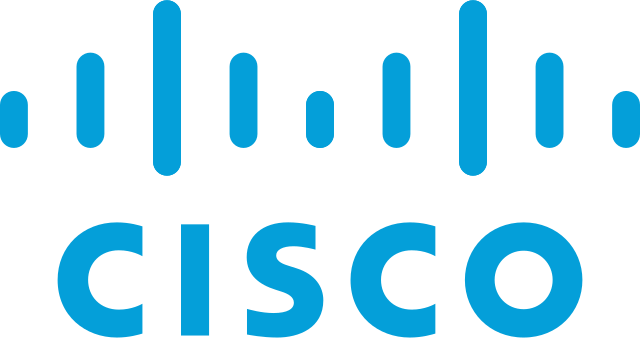Maya, a leading digital bank and fintech ecosystem in the Philippines, is launching Paleng-Kita, a new credit program aimed at supporting micro and small business owners, particularly market vendors and public transport drivers.
Building on the Bangko Sentral ng Pilipinas (BSP) and the Department of the Interior and Local Government (DILG)-led Paleng-QR Ph initiative, Paleng-Kita will enable micro-entrepreneurs to access collateral-free credit by regularly using QR Ph and the Maya app for their daily transactions. The program links digital payments to credit access, providing small businesses with financial tools for growth.
“Many small vendors and transport drivers have never had access to formal credit,” said Maya Group president and Maya Bank co-founder Shailesh Baidwan.
“By using their cashless payment history, we can offer them fair, transparent credit and help them build a stronger financial future,” he said.
Under Paleng-QR Ph, the BSP, the DILG, local governments, and financial service providers are working to onboard market vendors and drivers onto QR Ph, the national interoperable QR standard for person-to-merchant payments.
By registering for Maya QR, merchants can build the transaction history required to qualify for Paleng-Kita through Maya Advance.
Credit decisions are powered by Maya’s proprietary artificial intelligence (AI)-driven scoring system, which evaluates payment transactions and other alternative data points without relying on collateral, paperwork, or traditional credit histories.
Approved borrowers can access credit lines starting at 3,000 Philippine pesos through the Maya Advance product. The process is fast, fully digital and designed to be accessible for everyday entrepreneurs.
Micro, small and medium-sized enterprises (MSMEs) make up 99 percent of all businesses in the Philippines, according to the Department of Trade and Industry. However, only about 4 percent of the country’s total bank loans are allocated to this sector, highlighting persistent barriers to credit access.
Maya’s Paleng-Kita aims to address this by allowing small entrepreneurs to demonstrate their creditworthiness through their actual business activity.
“Market vendors and transport cooperatives are vital to our local economies,” said Baidwan.








